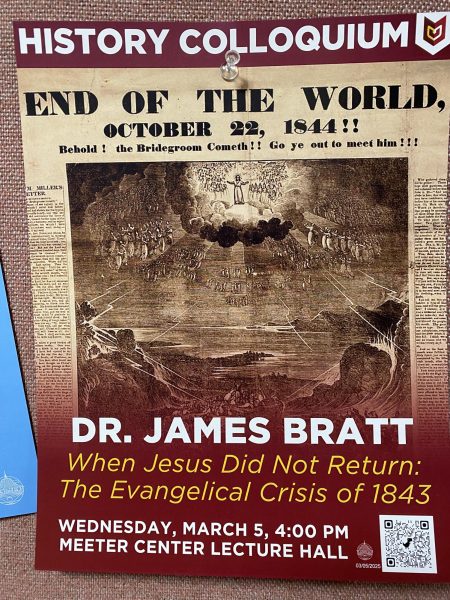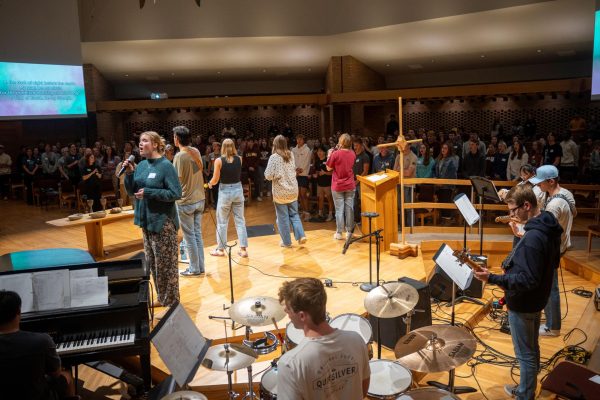North Carolina passess controversial religious freedom bill
At the end of last month, the North Carolina General Assembly approved a bill, on the grounds of religious freedom, that invalidates the city of Charlotte’s new legal protections for LGBT individuals. Gov. Pat McCrory signed the bill into law hours later. Charlotte’s bill contained a controversial provision that allowed transgender people to use the bathroom of the gender with which they identify.
The vote in the House was 84-25 after only three hours of debate, with all Republicans voting for it and 11 Democrats going against the majority of their party to support the bill. However, in the Senate, the vote was 32-0 after the Democrats walked out in protest, saying they had not been allowed to participate in the process.
Critics of the new bill, which passed in a short one-day session, said it was perhaps the most “anti-LGBT legislation” in the nation. The state of North Carolina has received widespread criticisms in the days following the bill passing, including from the CEOs of Apple, the NBA and IBM.
The new law is a response to Charlotte’s expanded nondiscrimination ordinance, which contained a provision that would allow transgender individuals to use the bathroom that corresponds to the gender with which they identify. Several critics of Charlotte’s bill said that the city had “overreached,” and that state legislation was needed to protect the safety of women and children.
In an interview with NPR, Mitchell Gold, a businessman in North Carolina said, “I want us to all take a deep breath and think about a gay kid that’s out there and sees in the newspaper this – on the TV, on the radio, hears his parents talking about it, and especially when his parents say, oh, well, that’s a good law. ‘We have to protect a business’s religious freedom,’ which is really code for ‘We have to protect their ability to discriminate against somebody.’” For Gold, these religious liberty laws are really subversive discriminatory laws.
The bathroom provision was already controversial, but this new law also added fuel to the controversy by keeping Charlotte and any other city in North Carolina from adding new protections for gays, lesbians or transgender individuals. The bill eliminates all local ordinances which prohibit LGBT discrimination.
This is seen by many as a large setback in the state that already offers no legal protections for gays and lesbians. The only protected classes recognized by the state are race, color, national origin and biological sex.
State Rep. Dan Bishop, a Republican who sponsored the bill, when asked why the bill goes farther than strike down the bathroom flexibility, said it made sense to keep the state in line with the protected classes recognized by the federal government, as currently there is no federal civil rights legislation that protects LGBT individuals.
A Democratic opponent of the bill, Attorney General Roy Cooper, called the law discriminatory.
“Discrimination is wrong, period,” he said. “That North Carolina is making discrimination part of the law is shameful. It will not only cause real harm to families, but to our economy as well.”
Under the new law, the city of Charlotte can continue an internal policy prohibiting LGBT discrimination for its own employees, but cannot enforce the policy on businesses in the city.
Although the law is already in place, it is still far from clear whether it is constitutional, and it will likely be brought to the Supreme Court like the similar case in Colorado.






